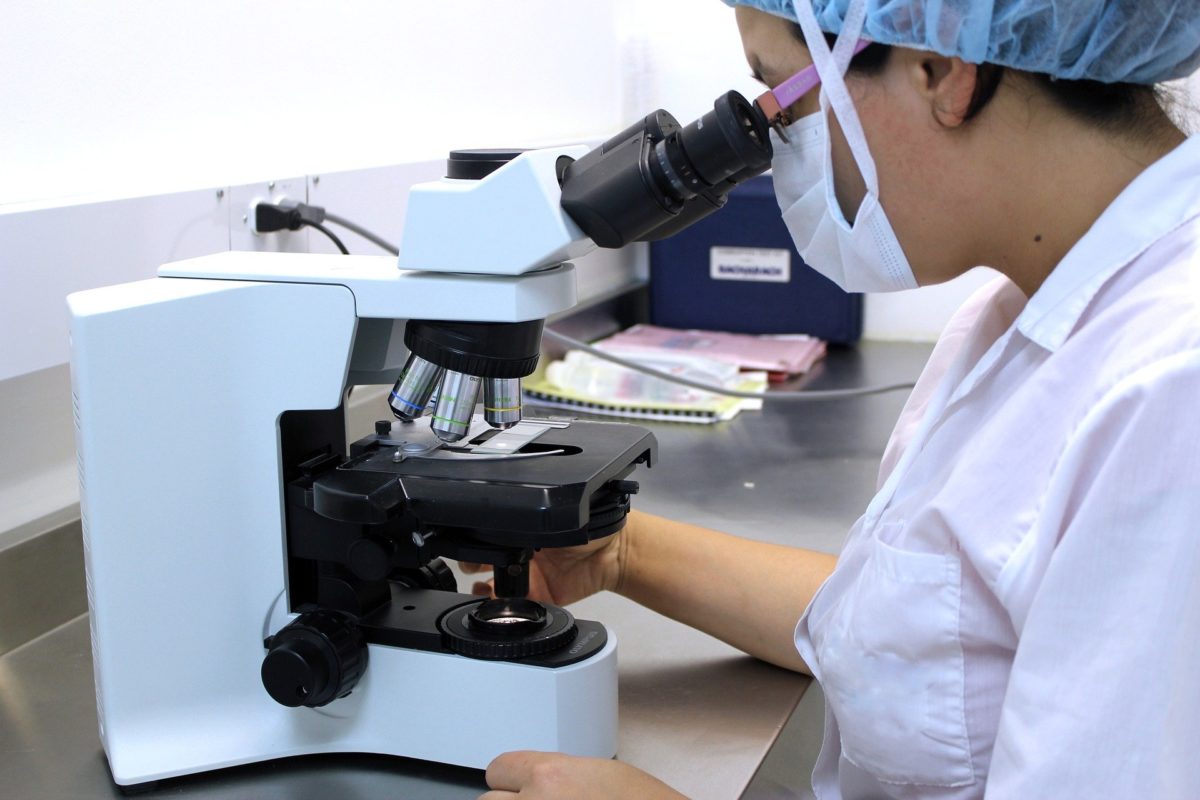ESR scientists said today there is an urgent need to develop alternatives to conventional antibiotics for use in the treatment of both humans and food-producing animals.
The World Health Organisation’s Antibiotic Awareness Week which began this week highlights increasing concerns about the emergence of bacterial strains showing resistance to all classes of antibiotics commonly used in human medicine.
The Ministry for Primary Industries (MPI) is supporting this year’s World Antibiotic Awareness Week theme of ‘Together we can keep antibiotics working’.
Each November, World Antibiotic Awareness Week aims to increase global awareness of antibiotic resistance and encourage best practice to prevent its spread. This year, World Antibiotic Week runs from 12 to 18 November.
“Antibiotics are a precious resource. These medicines are essential for treating bacterial infections in humans and animals,” said MPI’s director of assurance, Allan Kinsella.
Because very few new types of antibiotics are being developed, it is important that those we have are used wisely and ensure these life-saving medicines continue to stay effective, he said.
“We need to make sure they are used properly.
“Last year, New Zealand began implementing a five-year antimicrobial resistance action plan to minimise the impact of antimicrobial resistance to human, animal and plant health. This is part of a global response. The Ministry of Health and MPI are working with a wide range of groups and organisations to implement the plan.”
Animals, like humans, sometimes need antibiotics to fight off bacterial infections. Without antibiotics, animal welfare and health would be severely impacted.
Inappropriate use of antibiotics can lead to resistant bacteria that cause disease in both animals and plants, and potentially in humans via contact with infected animals or contaminated food.
New Zealand has a robust regulatory framework for managing antibiotics and other veterinary medicines, Mr Kinsella pointed out.
MPI must be satisfied that all antibiotics approved for use in animals are appropriate to the animal before it is registered as a veterinary medicine. Antibiotics for therapeutic uses in animals are classed by MPI as restricted veterinary medicines and need a veterinary prescription before use.
“We advise pet owners and farmers to follow the antibiotic dosage and treatment instructions exactly as prescribed by your veterinarian,” Mr Kinsella said.
“Always give the full course of antibiotics, even if the animal appears to have recovered.
“Everyone has a part to play in reducing antibiotic resistance. It is important we use antibiotics the right way, at the right dose, at the right time, for the right duration. By using antibiotics carefully, bacteria are less likely to become resistant to them.”
In a media statement today, ESR scientist Craig Billington said a potential new class of alternative drugs are innovative bacteria-killing enzymes that are likely to be well tolerated by both humans and farms animals.
The enzymes are generated by bacteriophages (phages), which are viruses that specifically infect bacteria.
The potential for using phages to kill bacteria has been recognised for almost 100 years, with early pioneering work being carried out at around the time of the First World War.
However, phage therapy for human disease was not adopted in Western countries and the discovery of antibiotics put an end to the early era of phage therapies.
The emergence of antibiotic resistant bacteria has recently stimulated a renaissance of interest in using phage therapy for human and animal medicine.
The research project by Dr Billington and University of Canterbury colleagues looking at developing safe and effective treatment to beat antibiotic resistance has the potential to save lives, reduce healthcare costs and protect New Zealand’s agricultural food exports.
“The application of this research will have many implications across multiple industries, creating new treatment options for infections in the field of medicine, becoming a low-cost solution to on-farm bacteria animal diseases, and being a treatment to eliminate cross-contamination of food that is vulnerable to microbial pathogens,” Dr Billington said.
The work by ESR scientists supports the Surveillance and Research objective under the New Zealand Antimicrobial Resistance Action Plan developed by the Ministry of Health, the Minister for Primary Industries and representative from the human health, animal health and agriculture sectors.
Find out more
- See how antibiotic use is controlled in NZ
- Five year plan – Ministry of Health website
- Together we can keep antibiotics working – PHARMAC website
Sources: Ministry for Primary Industries and ESR












